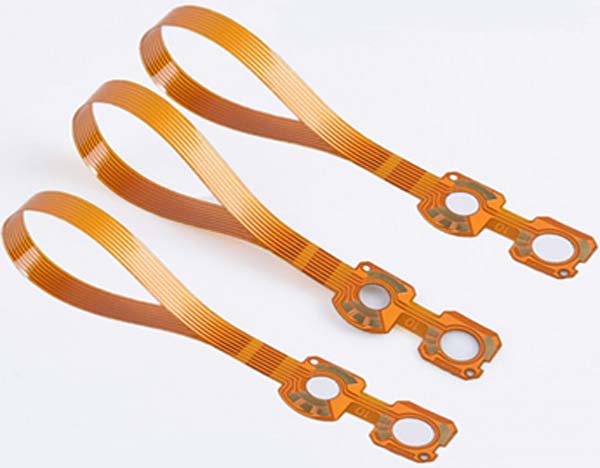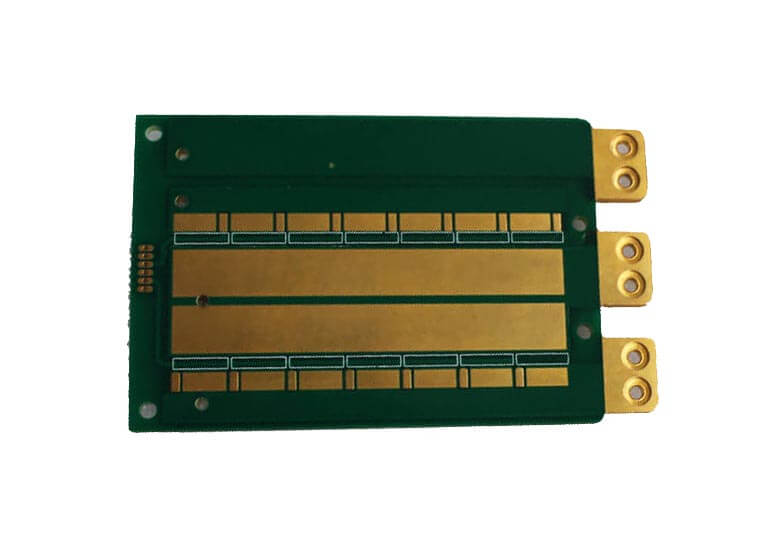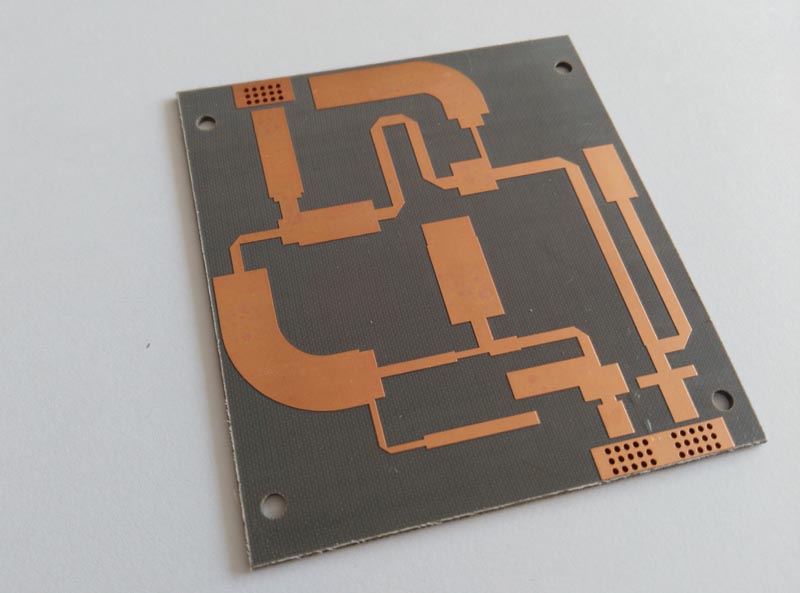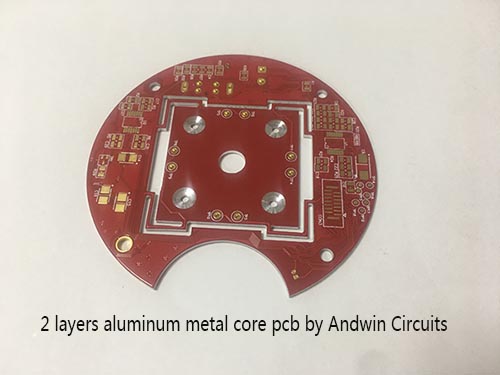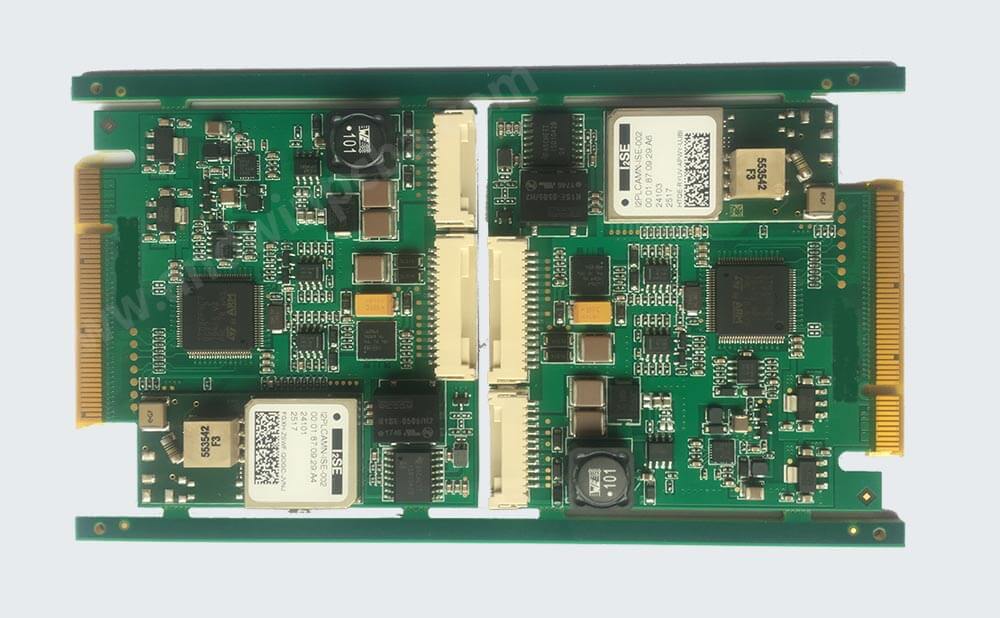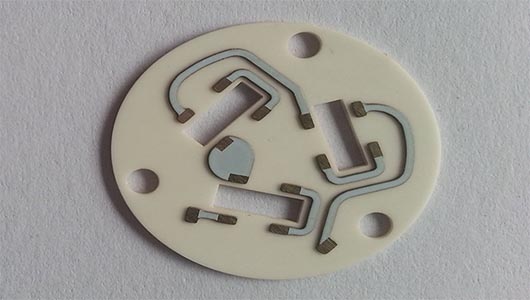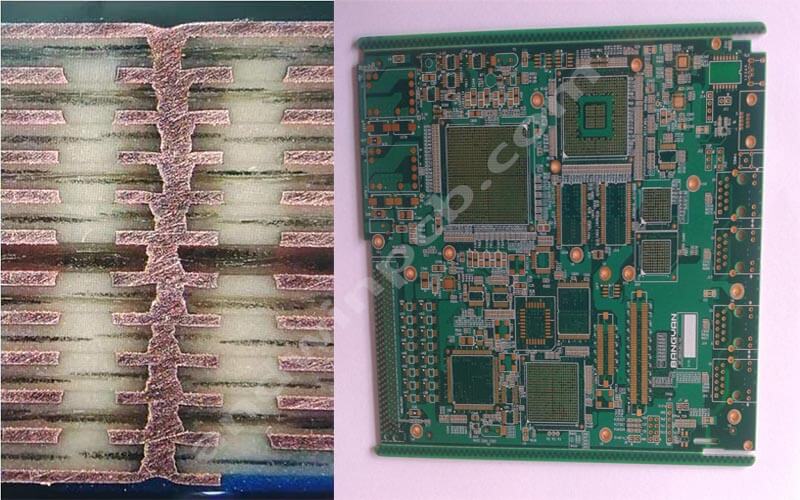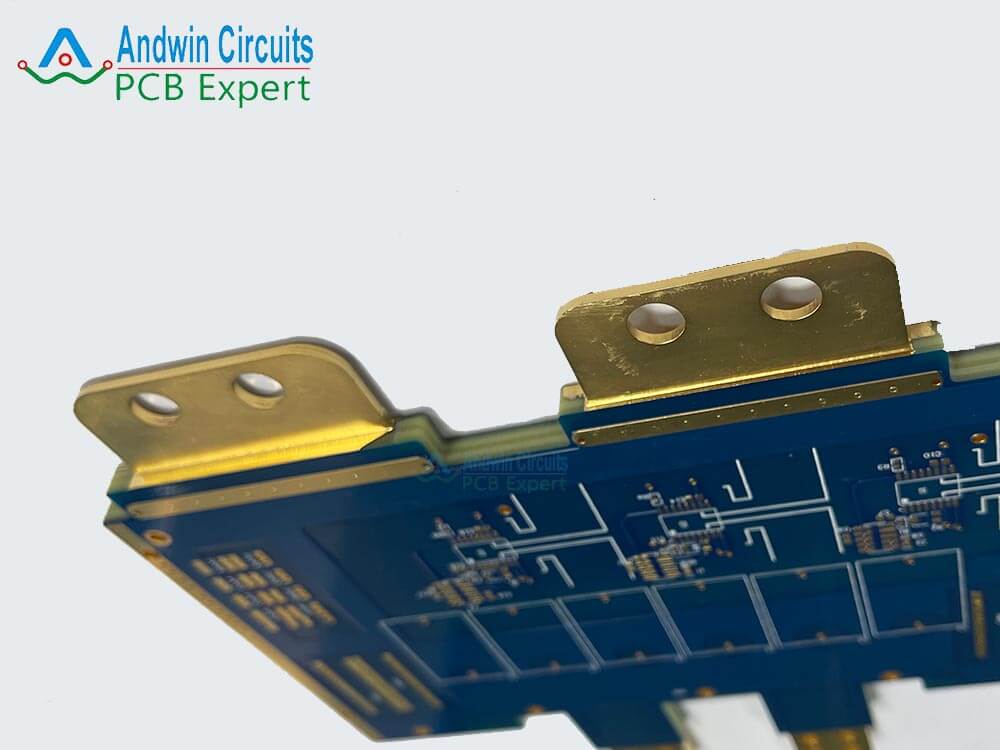What are Rigid Flex PCBs?
Rigid flex printed circuit boards (PCBs) provide designers with one of the more unique packaging methods for electronic designs.
Combining the component and routing density of hardboards with the flexibility of flexible circuits,
rigid flex PCBs allow designers to achieve routing density and interconnectivity that is not available in other types of circuit boards.
Primarily used in military, medical and camera applications, rigid flex PCBs comprise about 1% of the overall PCB market,
but they are increasingly used in other electronic applications.
They cost more than traditional hard boards and flexible circuits due to the raw materials required;
but, in the right applications, rigid flex PCBs dramatically outperform traditional rigid and flexible circuit boards,
and they can be more cost-effective in a full solution.
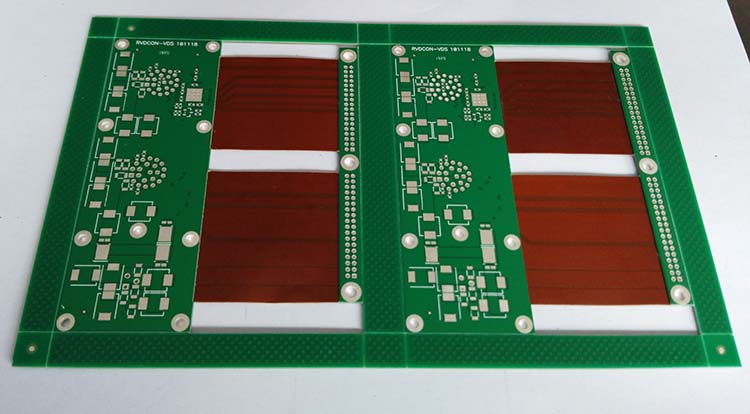
A flexible printed circuit board (flex PCB) datasheet typically includes the following information:
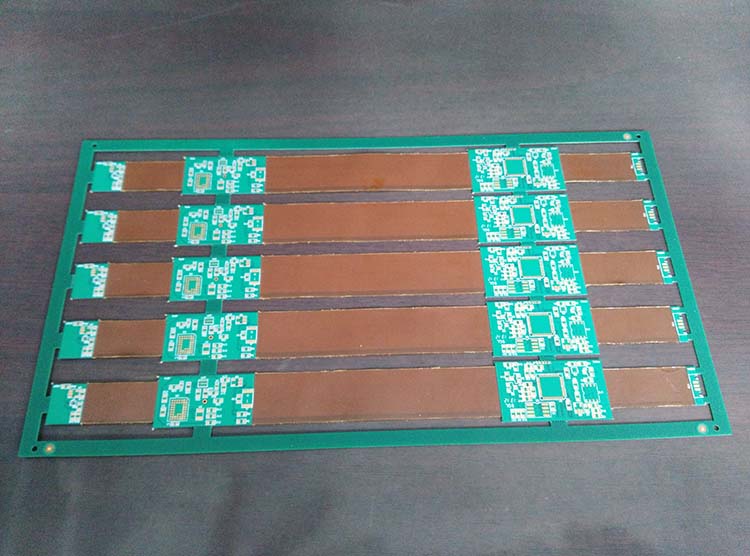
1. Material specifications: The type of material used in the flex PCB, such as polyimide, polyester, or PTFE.
The thickness and dielectric constant of the material are also specified.
2. Copper foil specifications: The thickness and type of copper foil used in the flex PCB, such as rolled annealed (RA) or electrodeposited (ED).
3. Layer stackup: The number of layers in the flex PCB, the thickness of each layer, and the order in which they are stacked.
4. Electrical specifications: The impedance, capacitance, and resistance values of the flex PCB.
5. Mechanical specifications: The bend radius, tensile strength, and elongation at break of the flex PCB.
6. Surface finish: The type of surface finish used on the flex PCB, such as immersion gold, HASL, or OSP.
7. Solder mask and legend: The color and type of solder mask and legend used on the flex PCB.
8. Tolerances: The allowable tolerances for dimensions, hole sizes, and other parameters.
9. Testing and inspection: The methods and standards used for testing and inspecting the flex PCB.
10. Certifications: Any certifications or approvals that the flex PCB has received, such as UL, RoHS, or ISO 9001.
Other PCB products, you may interesting


